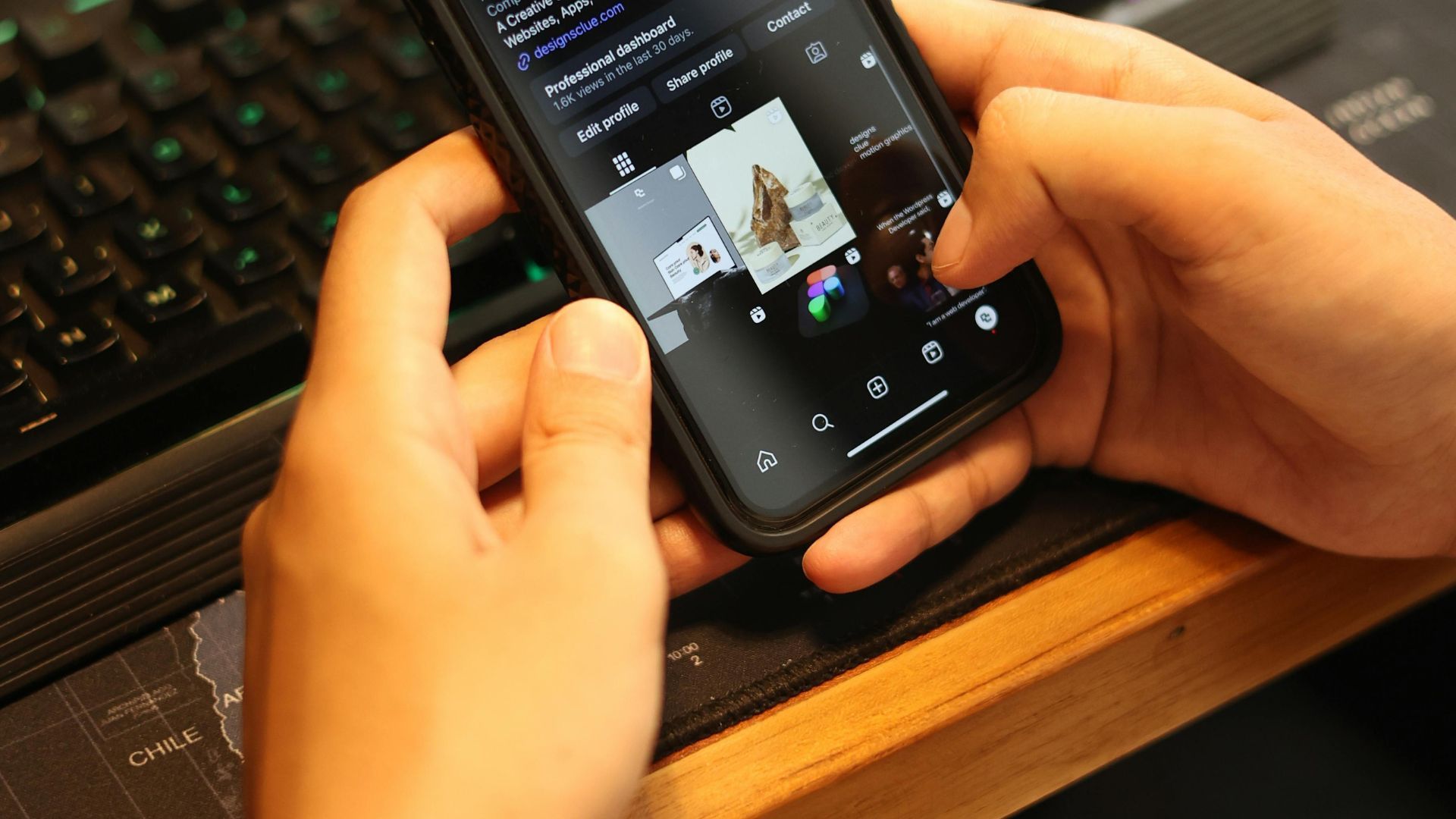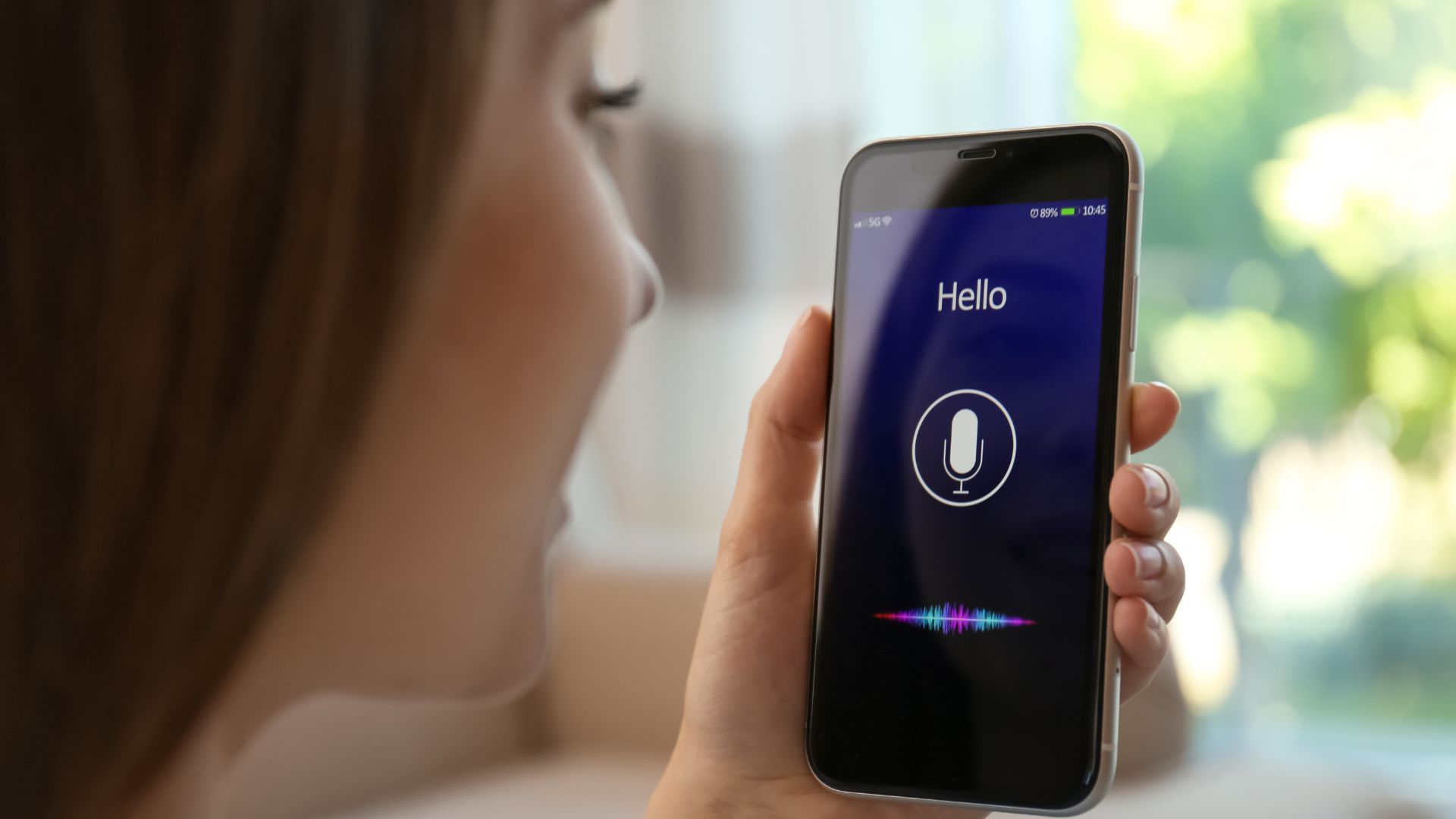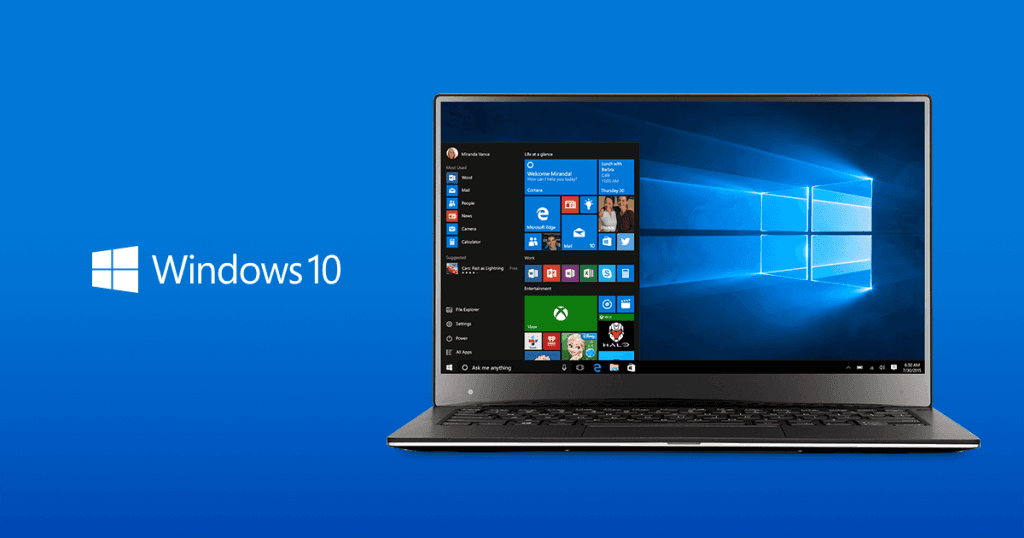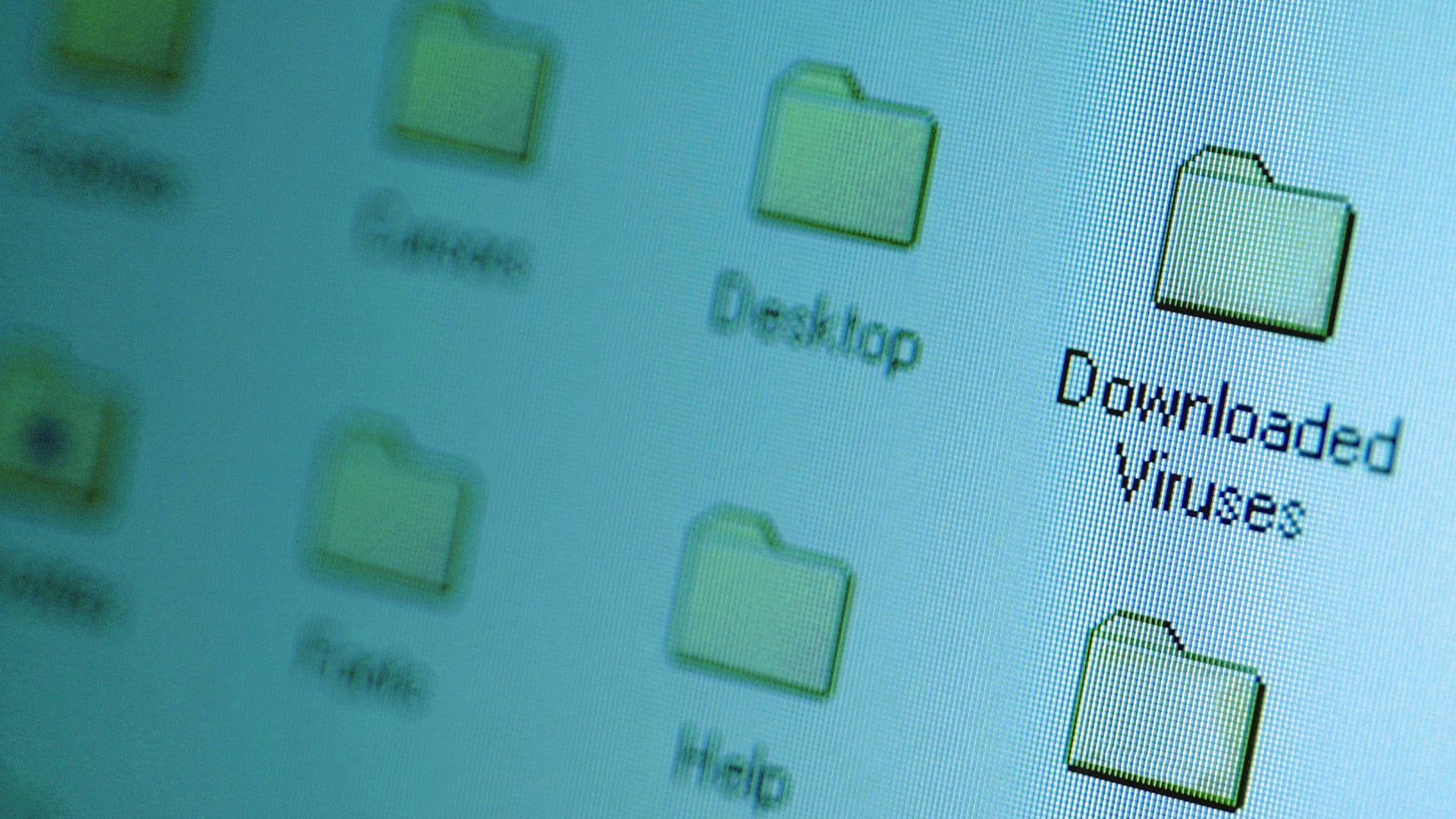Digital stalking has become increasingly common as our lives move online. Research shows this behavior can escalate from seemingly harmless social media monitoring to more serious forms of harassment.
1. 1. Excessive Engagement on Old Social Media Posts

What It Is: Someone repeatedly likes, comments on, or interacts with your older posts from weeks or months ago.
What Sources Say: According to psychology research, likes or comments on old posts can indicate extensive profile browsing. This behavior suggests someone has been scrolling through your entire social media history, often going back months or years to access older content.
Why It Matters: While occasional interactions are normal, a pattern of engagement with old posts may indicate obsessive monitoring of your online presence. This behavior often escalates to other forms of digital tracking.
2. 2. Persistent Unwanted Contact Across Multiple Platforms

What It Is: Repeated attempts to contact you through various digital channels after you've indicated disinterest or haven't responded.
What Sources Say: The Stalking Resource Center notes that approximately 7.5 million people are stalked each year in the United States. Research indicates that persistent contact often includes unwanted texts, emails, social media messages, or calls from the same person across different platforms.
Why It Matters: This pattern shows disregard for your boundaries and can indicate escalating behavior. The cross-platform nature makes it harder to avoid the contact and suggests deliberate persistence.
3. 3. They Know Personal Details You Never Shared With Them

What It Is: Someone references information about your life, schedule, or activities that you didn't directly tell them.
What Sources Say: Cyberstalking research shows that stalkers often gather detailed information about their targets through online investigation. This can include tracking current location, family members, work details, or personal activities through social media analysis and other digital sources.
Why It Matters: This behavior indicates they're actively researching your life beyond normal social interaction. It can feel particularly invasive and may suggest they're building a detailed profile of your activities and relationships.
4. 4. Unexpected Physical Appearances at Your Locations

What It Is: Someone shows up unannounced at places where you are, especially after you've posted about your location online.
What Sources Say: Research on stalking behaviors identifies unannounced appearances as a significant red flag. Stalking prevention resources note this can occur when someone uses social media posts, location tags, or other digital information to determine where you might be.
Why It Matters: This crosses the line from digital monitoring to physical tracking. Even if they claim it's coincidental, repeated instances suggest deliberate location monitoring and can escalate to more serious safety concerns.
If you liked this story, please follow us.
5. 5. Creating New Accounts After Being Blocked

What It Is: After you block someone, they create new profiles or accounts to continue contacting you.
What Sources Say: Digital harassment research shows that persistent individuals often circumvent blocking by creating fake profiles or using different platforms. This behavior demonstrates a refusal to respect boundaries and can indicate obsessive behavior patterns.
Why It Matters: This shows they're actively working to maintain unwanted contact despite clear signals that you want them to stop. It indicates escalating persistence and disregard for your clearly expressed boundaries.
6. 6. Monitoring Your Online Activity in Real-Time

What It Is: Someone comments or reacts to your posts, stories, or activities immediately after you post them, consistently across different times of day.
What Sources Say: Psychology research on parasocial relationships and digital stalking indicates that immediate, consistent responses to online activity can suggest someone is actively monitoring your accounts. This pattern often includes being among the first to engage with new content regardless of posting time.
Why It Matters: This suggests they may have notifications enabled for your accounts or are checking your profiles frequently throughout the day. Such monitoring can feel invasive and indicates an unhealthy level of attention to your online presence.
7. 7. Attempting to Control Your Digital Presence

What It Is: Someone tries to influence what you post, who you interact with online, or pressures you to share passwords or phone access.
What Sources Say: According to cyberstalking prevention resources, control-seeking behavior often includes pressuring targets to share passwords, dictating social media activity, or attempting to isolate them from online connections. Research shows this behavior frequently occurs in relationship contexts but can extend to other situations.
Why It Matters: This represents an attempt to control your digital autonomy and can be a precursor to more serious forms of harassment or abuse. It often escalates and can severely impact your freedom to communicate and express yourself online.
8. The Pattern Emerges

These warning signs often appear together and tend to escalate over time. Research shows that digital stalking frequently involves multiple behaviors rather than isolated incidents. The combination of monitoring, persistent contact, and boundary violations creates a pattern of unwanted surveillance.
What makes digital stalking particularly concerning is how easily technology facilitates this behavior. Social media platforms, location services, and digital communication tools can be misused to track and harass others. The virtual nature of these interactions doesn't make them less serious than physical stalking.
If you recognize multiple signs, document the behavior by taking screenshots and consider adjusting your privacy settings immediately. Block the individual across all platforms and consider reporting their behavior to platform administrators. In serious cases, contact local law enforcement or a stalking support organization for guidance. Remember, your safety and peace of mind matter, and there are resources available to help protect you from digital harassment.
If you liked this story, please follow us.






